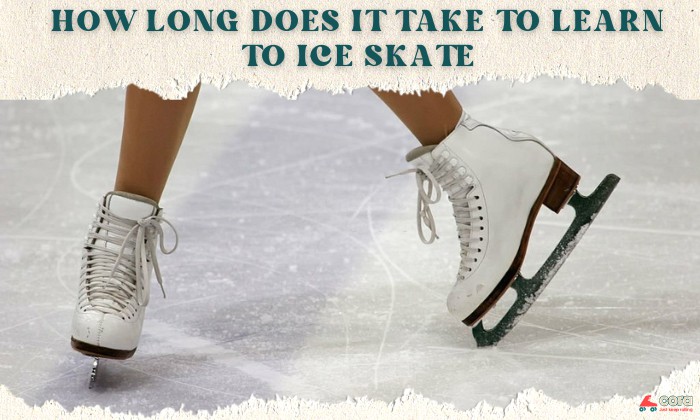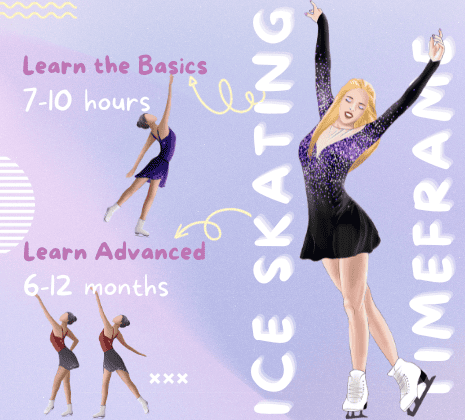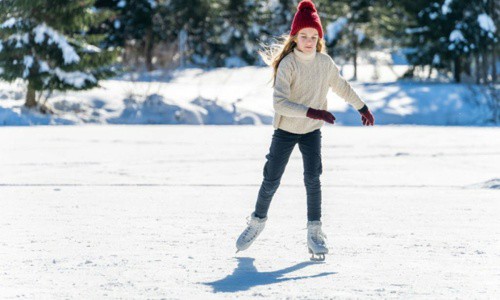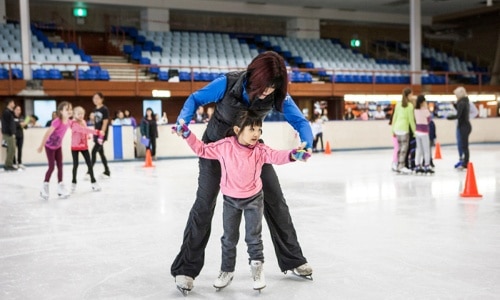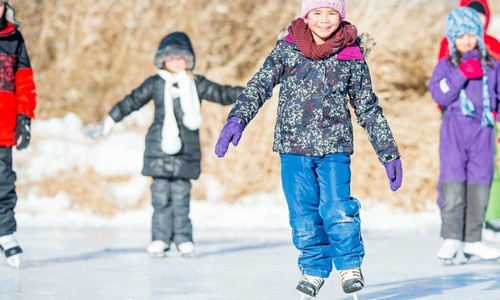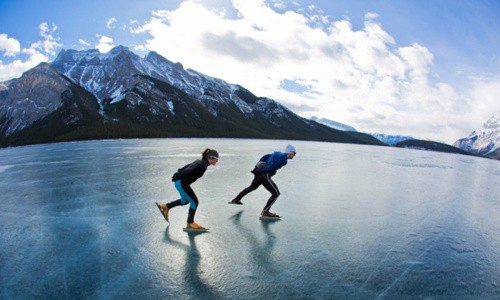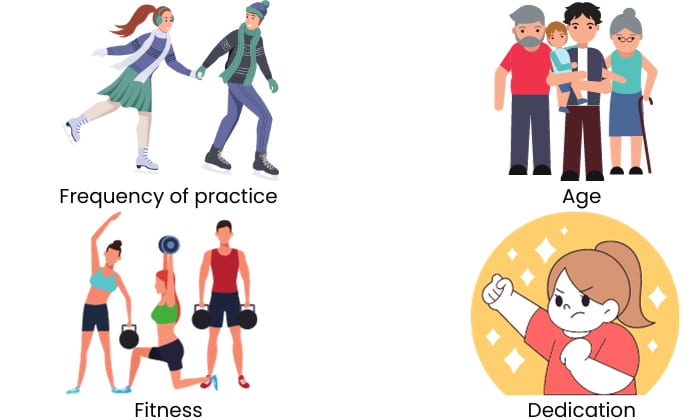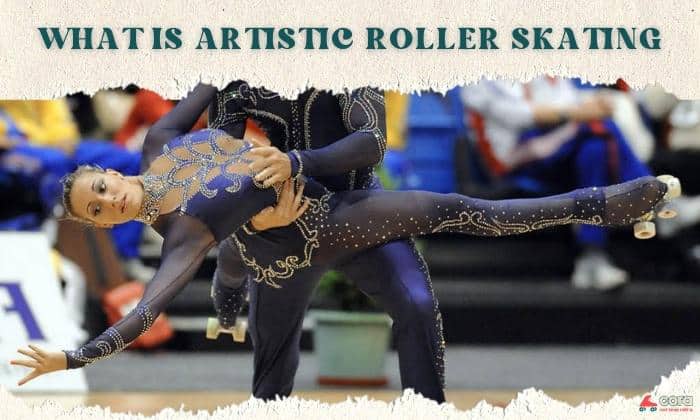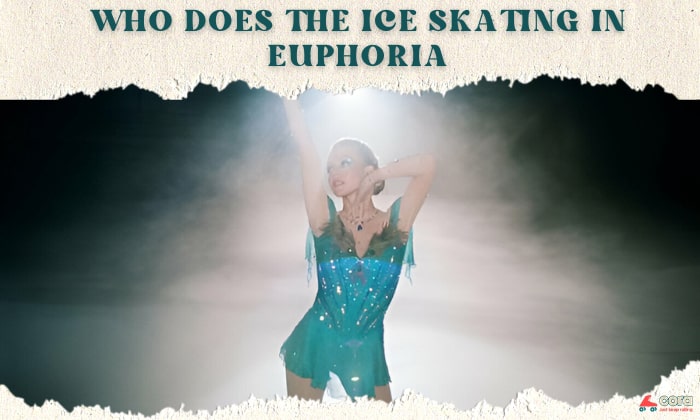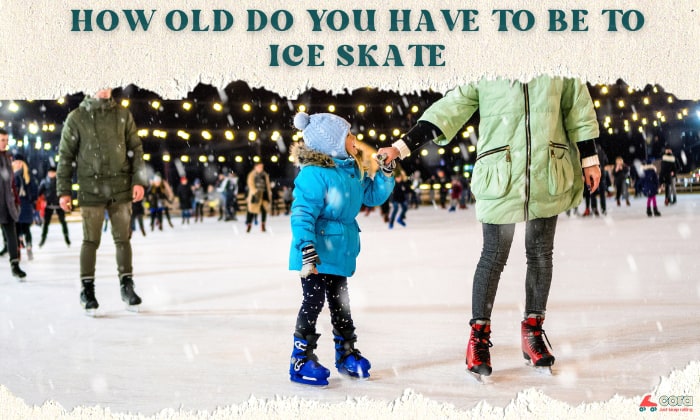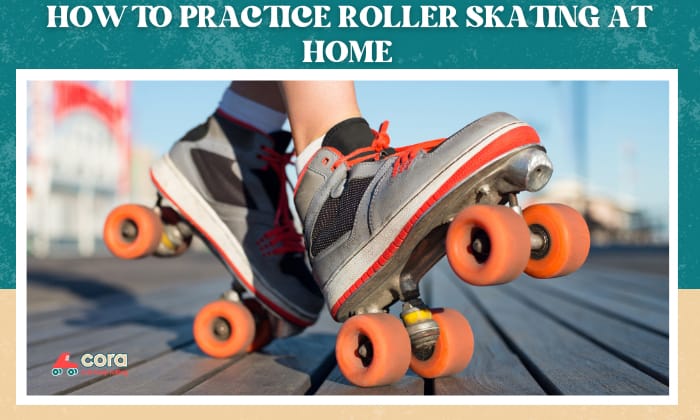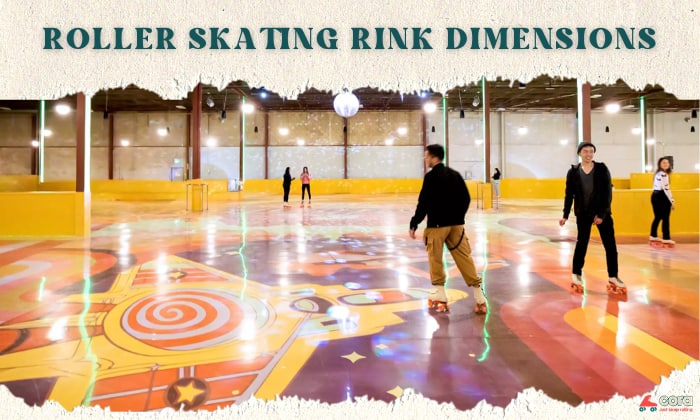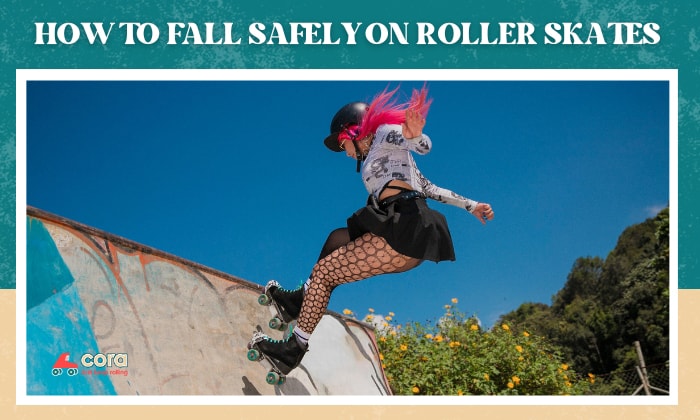It’s normal to feel amazed at how athletes and professionals perform in their respective arenas. Often, it makes us question how hard is it to master a sport and how people smoothly complete their routines.
However, not everyone sees the work and time spent behind these perfectly executed stunts and acts. Let’s take ice skating, for example. How long does it take to learn to ice skate? Does the timeline for every individual vary?
Keep reading as we get into the figures and see what we can achieve within specific timespans. By then, we can plot the best approach to learning the sport and set our periodic ice skating goals.
Page Contents
How Long Does It Take to Learn Ice Skating
Although every claim on how long it takes to learn the sport can be plausible, our timelines might still vary because of pertinent factors and considerations. Let’s explore each of them.
1. Learning alone
Learning alone yields improvement, though not within the same time frame as practicing with an instructor.
When ice skating without coaching aid, the most common skills you can learn first are standing and balancing. Doing this for 7-10 hours on the ice skating rink should enable you to move forward or backwards, albeit slowly.
Note: You can divide the duration based on your preferred frequency of visiting the ice skating rink.
2. With a coach
So, how about practicing ice skating with lessons or a coach’s assistance? It depends on which stage you are in your skating journey.
If you are learning fundamental routines, you may progress faster practicing alone. That means having a coach could take longer than the 7-10-hour timeframe, often a year to get through the basics for those enrolling in group classes.
However, the presence of a coach will make the post-basics learning faster. Instructors will teach you how to stop and fall safely, as well as complex stunts and maneuvers, which are tough to do alone.
3. With prior experience or not?
Having done sports similar to ice skating can also impact our learning time. Here’s what some Quora members say.
- If you are learning ice skating for the first time, you will have to spend months working on every skill.
- If you have been into rollerblading or skiing, the time needed to learn ice skating should be shorter. More specifically, two hours of practice weekly for several weeks should let you move around the ice rink firmly.
Beginner’s Progress Timeline
So, for beginners, what’s the most reasonable timeframe to master the fundamentals and level up in ice skating?
1. How long it takes to learn the basics
We mentioned that learning to ice skate solitarily would take 7-10 hours, divided into several sessions that fit your schedule. Additionally, this time should only be good for the basics, as learning the more complicated skills would leave you no choice but to find a coach.
To not only know the basic moves but also perform a simple routine, skaters will often need to practice for two months.
2. Time to learn advanced ice skating
This stage needs the help of a coach. And with the complexity of stunts and skills to skate like a pro, we must expect the learning process to take a long time.
Realistically, group lessons for advanced skating skills like fundamental jumps will add another year to your practice schedule. More complex maneuvers like the ones at the Olympics will require private lessons.
Other Factors That Affect the Learning Curve
Professional assistance and exposure to related sports can help make learning ice skating more efficient. However, other factors can also hasten or slow down our progress. Here are some of them.
- Frequency of practice – How often we go to the skating rink can significantly impact our lead time learning ice skating. Essentially, the more frequently we practice, the faster we master the skills.
- Age – Between adults and children, the latter can learn ice skating more efficiently. Nonetheless, consistent practice still guarantees positive results.
- Fitness – Not to be selective, but ice skating requires skaters to have enough endurance and strength. Hence, weak muscles and balance could add to your time learning the sport.
- Dedication – A fall can give us injuries and force us to stop skating. Much worse, it can discourage skaters from trying again. Hence, we should dedicate ourselves to finding motivation to keep pushing. By then, we could learn more efficiently.
Conclusion
Time can be our friend or foe when learning something, whether it’s a new hobby, a sport, or something we feel passionate about. Sometimes, we master a skill fast. But other days, we feel like our progress goes too slow.
This concept also applies to ice skating. So, how long does it take to learn to ice skate? It could be hours, weeks, months, or years. It all depends on relevant factors, such as doing it alone, with a coach, prior experiences, and your level.
If one thing’s for sure, you will master it at your pace and when it’s time.

Harrison is a skating enthusiast who picked up the sport during her student exchange years in Canada. She has been a skating coach for children and teens for 3 years and now holds classes as a freelancer. Harrison entwines her experience leading skating classes in the content published on Cora to help readers fall in love with skating, just like she did.


